General Assembly
"We know more about war than we know about peace, more about killing than we know about living". -Omar N. BradleyThe United Nations’ General Assembly was established in 1945 under the Charter of the United Nations. It is the only organ of the UN in which all 193 members nations have equal representations. Additionally, it was a founding institution and stood as the “Deliberative policymaking and representative organ of the UN”. The General Assembly is responsible for making vital decisions concerning the United Nations namely; Appointing the Secretary General, electing the nonpermanent members of the Security council and approving the regular budgets of the UN. Due to the variety of diverse global issues treated by the United Nations’ General Assembly, it found the opportunity of establishing six sub-commissions upon which the topics may be divided. The six main committees are as follows: Disarmament and International Security Committee, Economic and Financial Committee, Social, Humanitarian and Cultural Committee, Special Political and Decolonization Committee, Administrative and Budgetary Committee and the Legal Committee.

President
Amina Elserougy
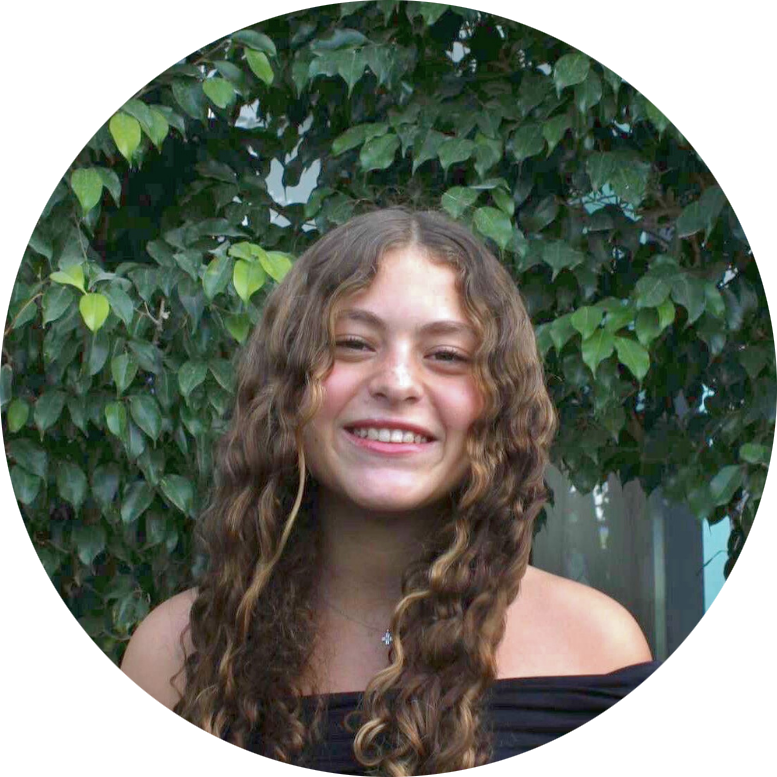
Vice President
Celina Peter
International Court of Justice
"To be just and fair, equality must be there"The International Court of Justice, also known as ICJ is the principal judicial organ of the United Nations. It was established by the Charter of the United Nations after the end of World War II in June 1945, and it started operating in April 1946. It is situated in The Hague, the Netherlands at the Peace Palace. The Court’s role is to settle, in accordance with international law, legal disputes submitted to it by States and to give advisory opinions on legal questions referred to it by authorized UN organs and specialized agencies. The current president of the ICJ is Ronny Abraham; in office since the 6th of February 2015. The Court is composed of 15 judges that are elected for a nine-year term of office by the UN’s General Assembly and the Security Council.
The court’s official languages are English and French.
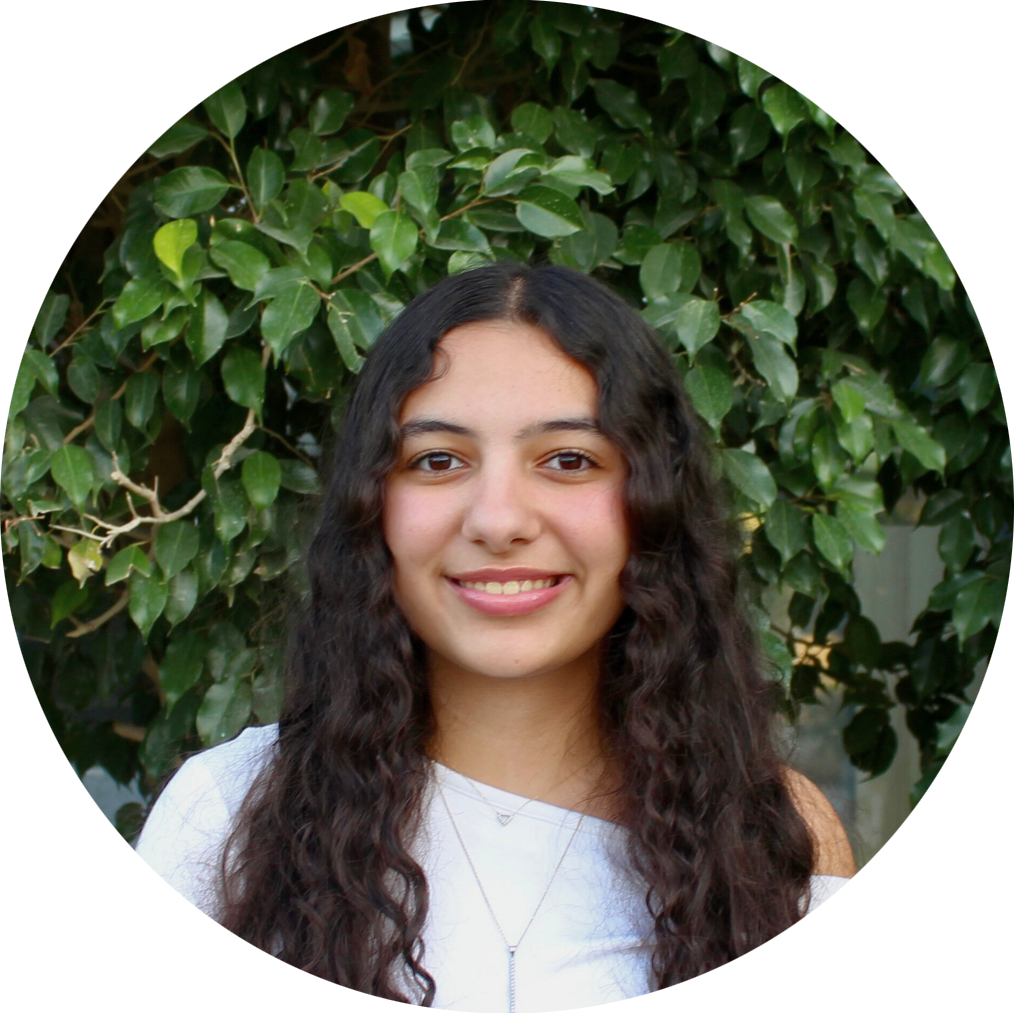
Justice
Malak Farouk
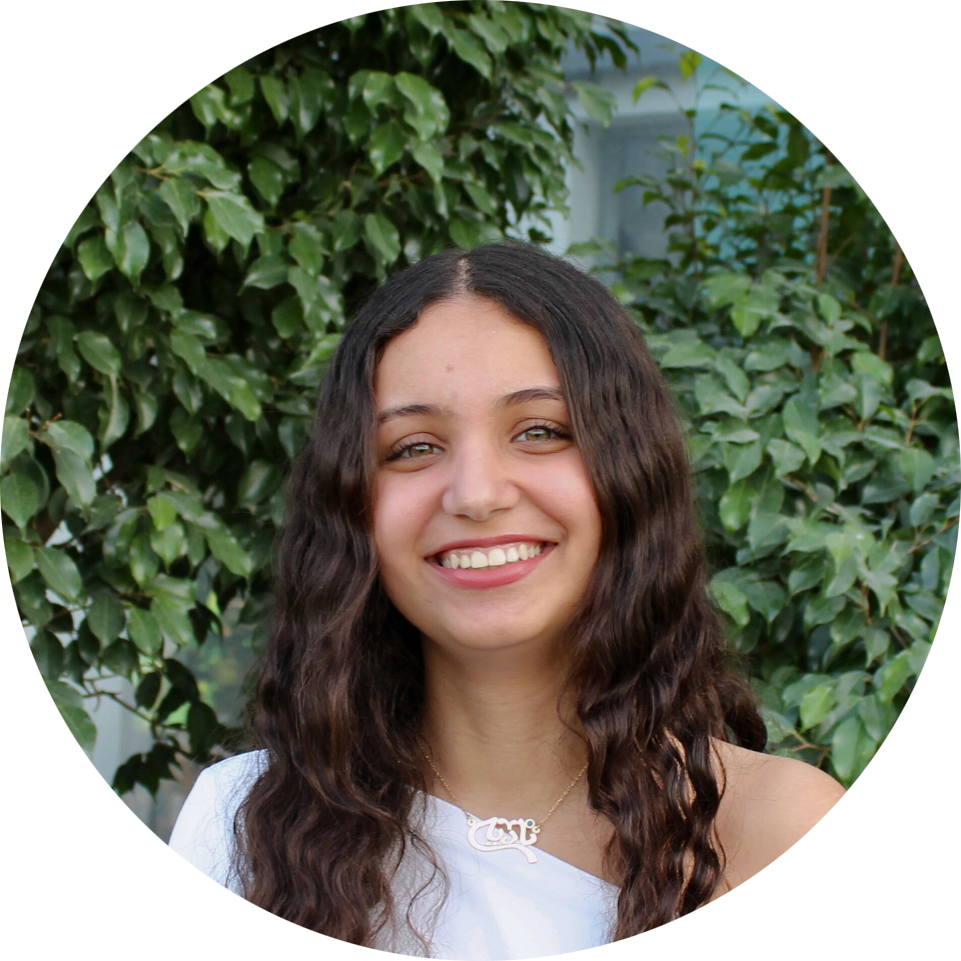
Justice
Nadia Abohashish
International Criminal Court
“Justice cannot be for one side alone, but must be for both.” – Eleanor Roosevelt.The International Criminal Court (ICC) was established in 2002 under the Rome Statute as the first permanent international tribunal with the mandate to prosecute individuals for the gravest crimes of concern to the international community. Independent from the United Nations, though it maintains a cooperative relationship with it, the ICC is headquartered in The Hague, Netherlands. The Court is composed of 18 judges elected by the Assembly of States Parties, ensuring representation from different legal systems and regions of the world. The ICC holds jurisdiction over four core crimes: genocide, crimes against humanity, war crimes, and the crime of aggression. Its main objectives are to ensure accountability for perpetrators of these crimes, provide justice for victims, and deter future violations of international humanitarian law. While the ICC may only exercise jurisdiction when national courts are unwilling or unable to prosecute, its establishment marked a historic step towards strengthening international justice and ending impunity on a global scale.
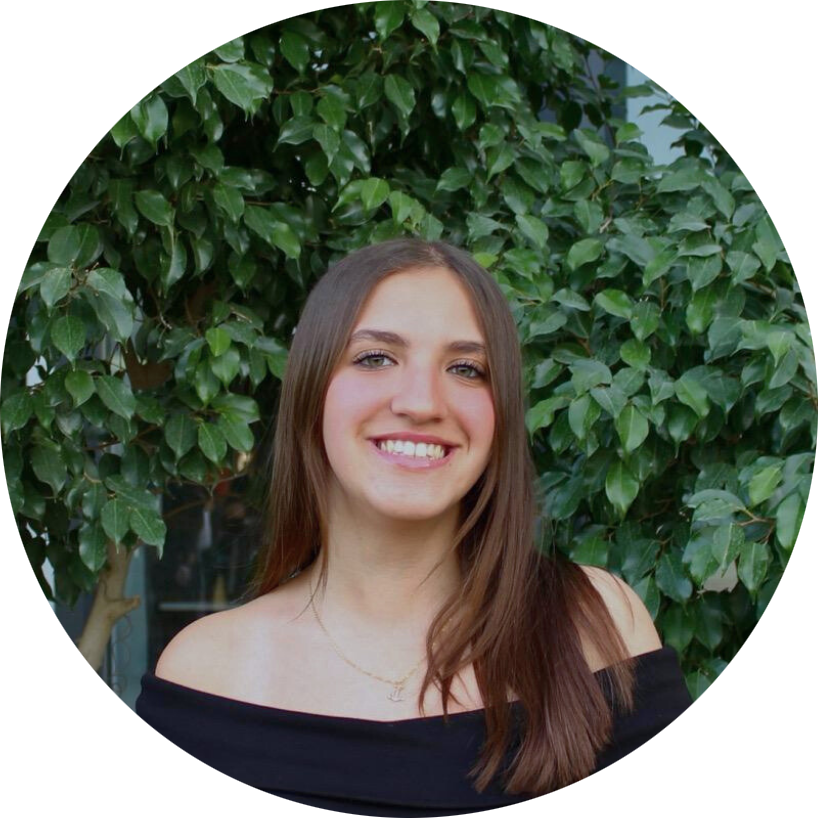
Justice
Jannah Embaby
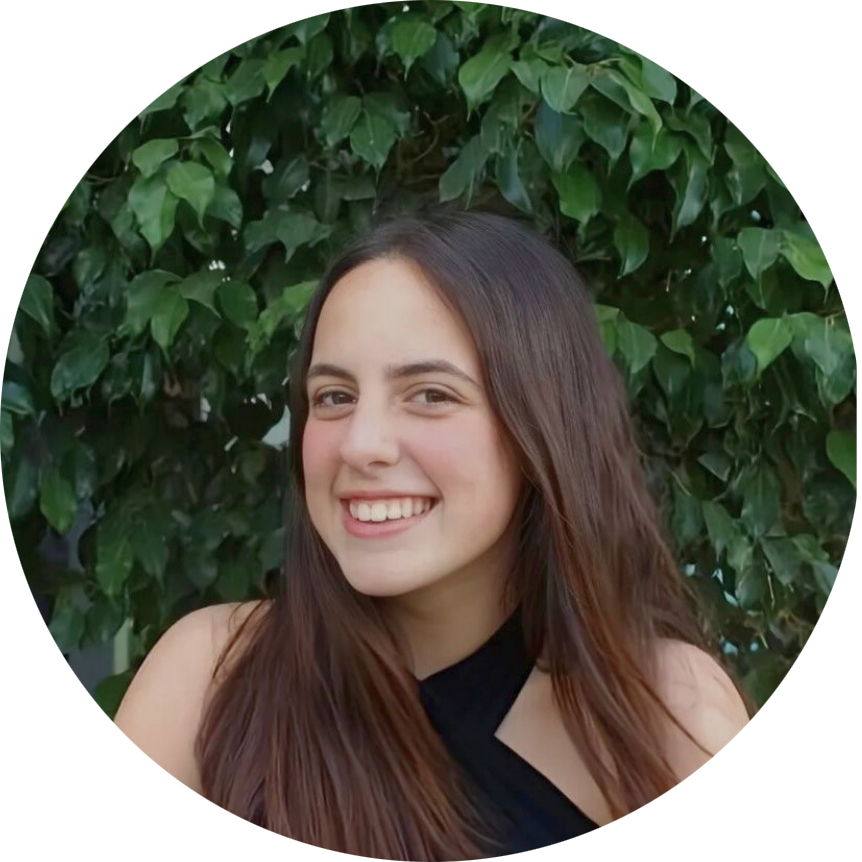
Justice
Laila Ramy
Security Council
"Peace will never be maintained unless in the hearts of men"The United Nations Security Council (UNSC) is one of the six main UN organs. It is charged to maintain peace and security under the principles of the UN charter. The UNSC determines the existence of a threat to international peace or an act of aggression. It holds frequent sessions regarding these threats. It’s first sessions was held on the 17th of January 1946. It is only UN organ with the power to implement ceasefire , start UN peacekeeping missions and deploy UN troops named “blue helmets” who are sent to enforce peace in various regions. Under the UN Charter, all member States of the UN are obligated to enforce and carry out decisions of the council. The UNSC is composed of 15 members; 5 of them being permanent veto holding members (The United States of America, China, The United Kingdom, The Russian Federation and France). As for the 10 other members, they are rotating non-permanent members that are elected by the General Assembly every 2 years. The Security Council also recommends to the General Assembly the appointment of the Secretary-General and the admission of new Members to the United Nations. And, together with the General Assembly, it elects the judges of the International Court of Justice. In conclusion, the UNSC’s goal is to develop solutions and implement resolutions in order to prevent aggression and maintain security.
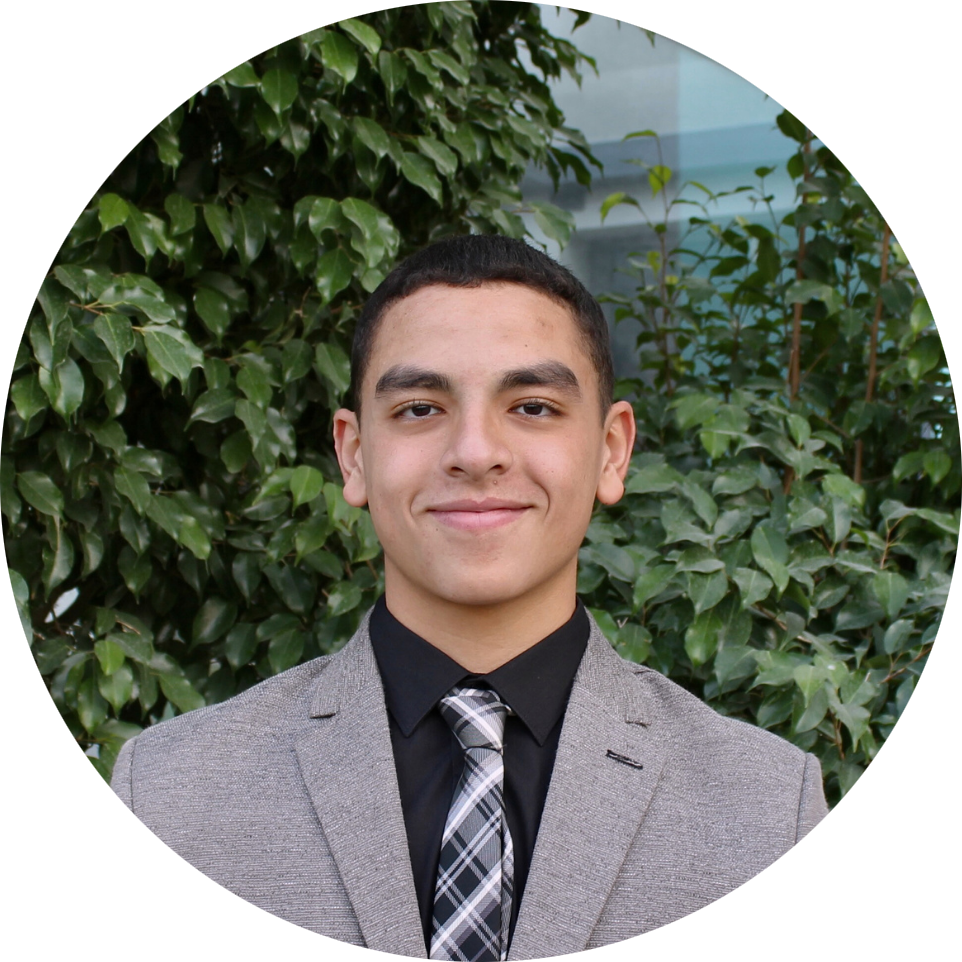
President
Hassan Moemen
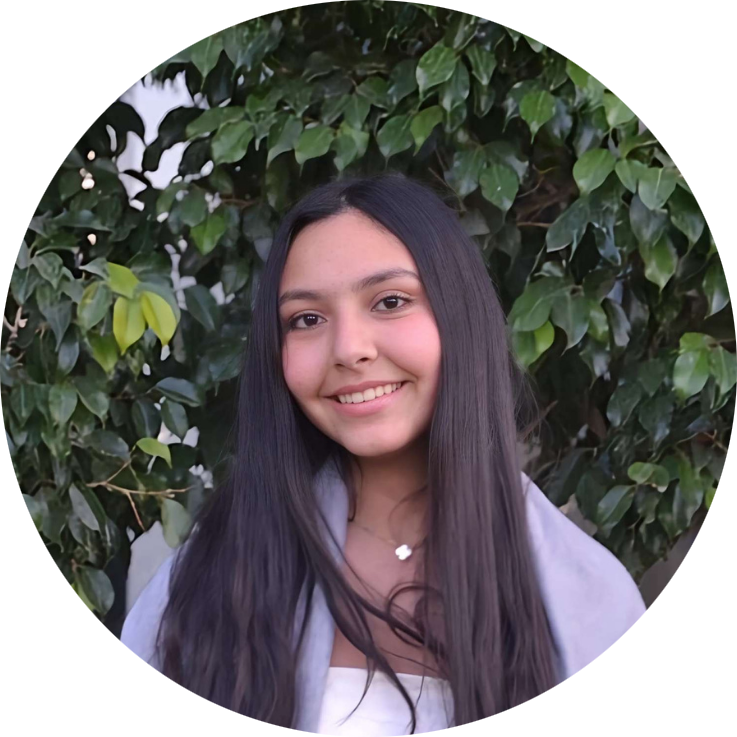
Vice-President
Farida Tarek

President
Amina Abdou
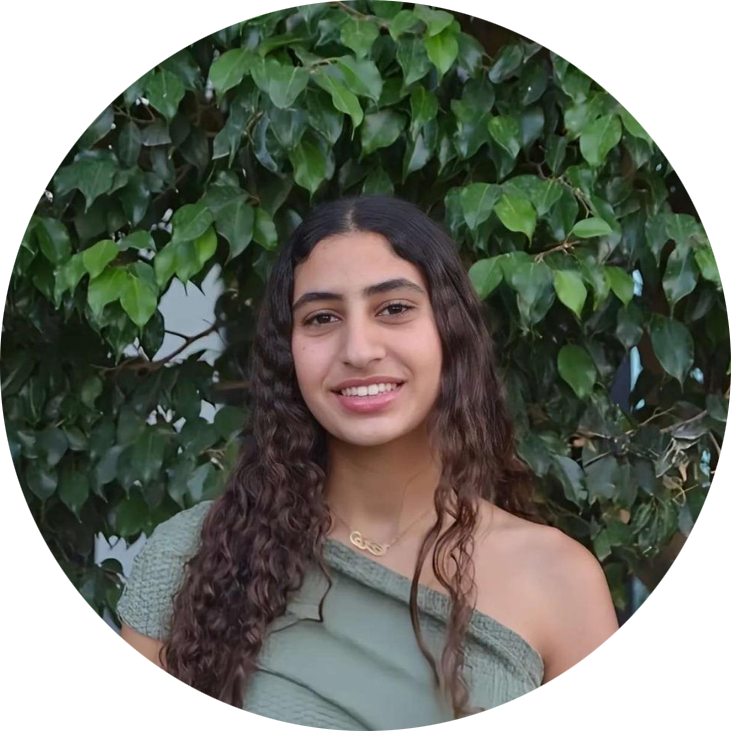
Vice-President
Hana Monsef
Human Rights Council
"The concept of inequality has no place in this world, every human is born free and equal"The Human Rights Council is an intergovernmental body within the United Nations system made up of 47 Member States, which are elected by the United Nations General Assembly. In fact, this Council was created on March 15th 2006 by resolution 60/251 of the UN General Assembly. The Human Rights Council is responsible for strengthening the protection of human rights around the globe. As basic as the concept of human rights may seem at first, numerous countries and organizations have opposed and infringed these rights due to reasons such as cultural beliefs or financial needs. The dilemma stands where the protection of human rights, and the benefit of a country meet. The Human Rights Council aims to find sustainable solutions that would be applicable to any country or body, in order to bring true equality to those who feel injustice because of who they are or where they live.
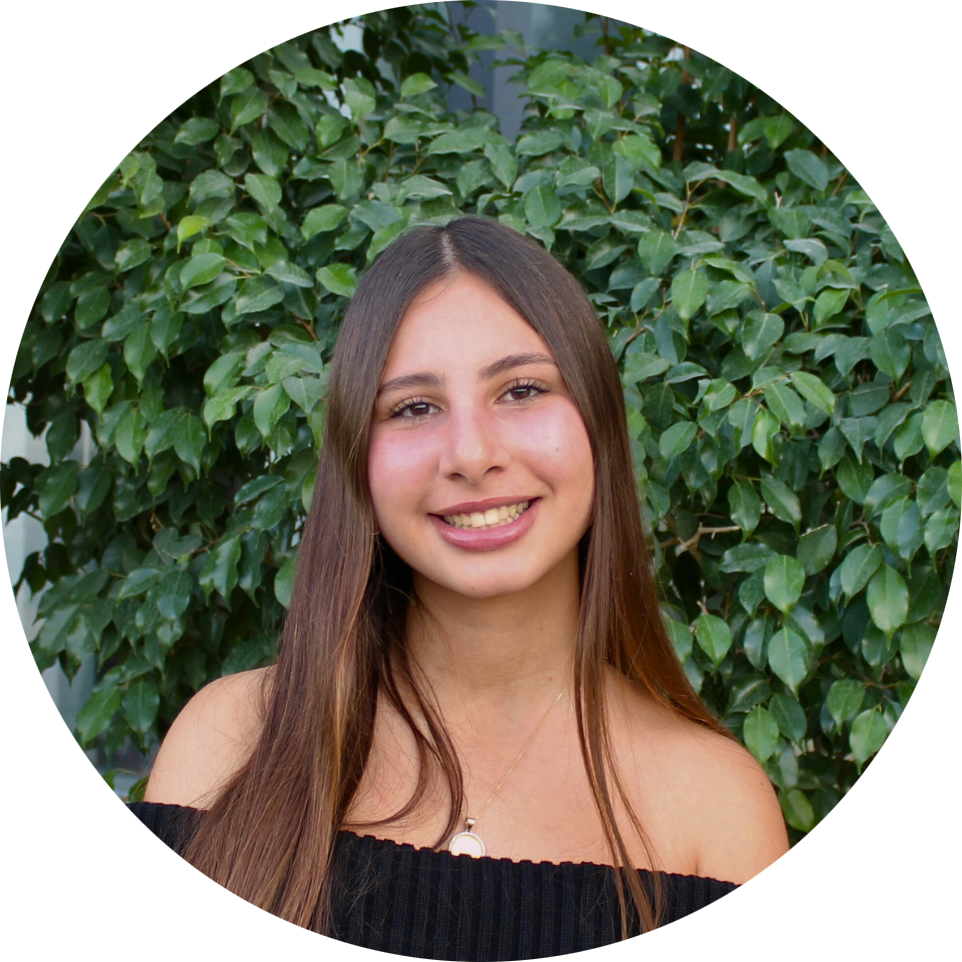
President
Malak Elfeky

Vice-President
Mahmoud Elshobaki
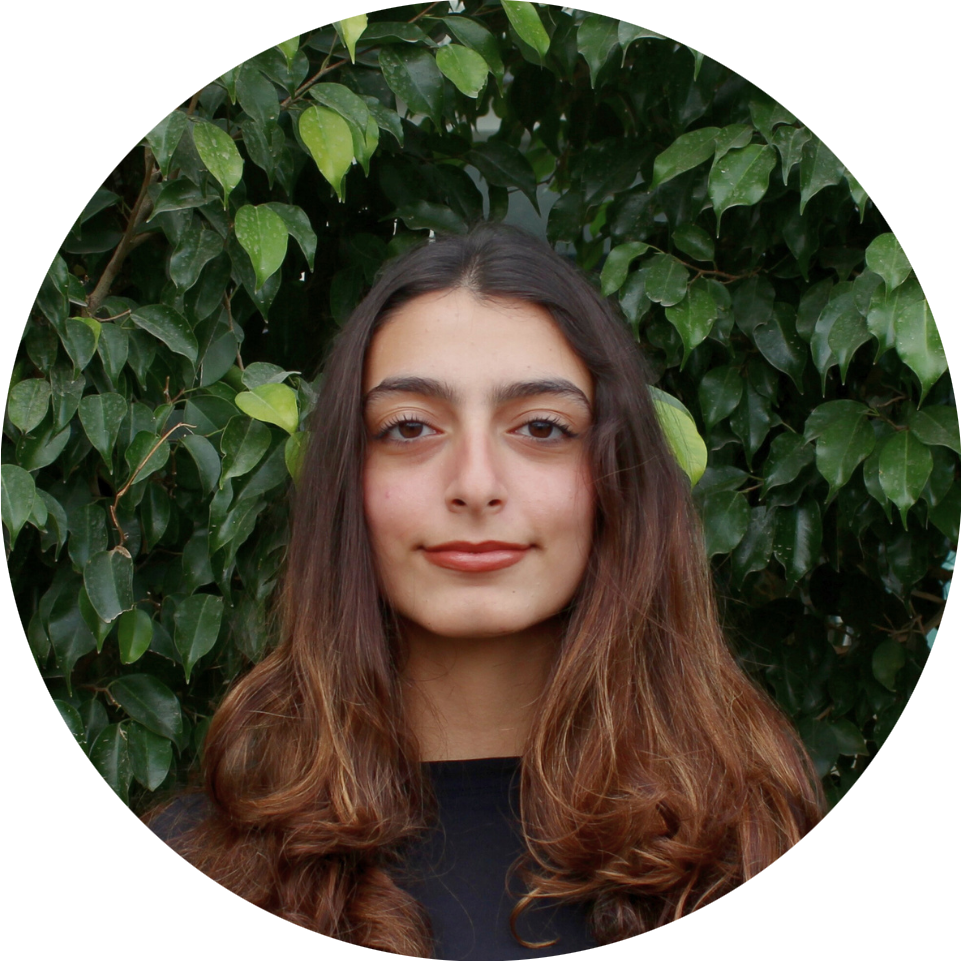
President
Emma Ghali
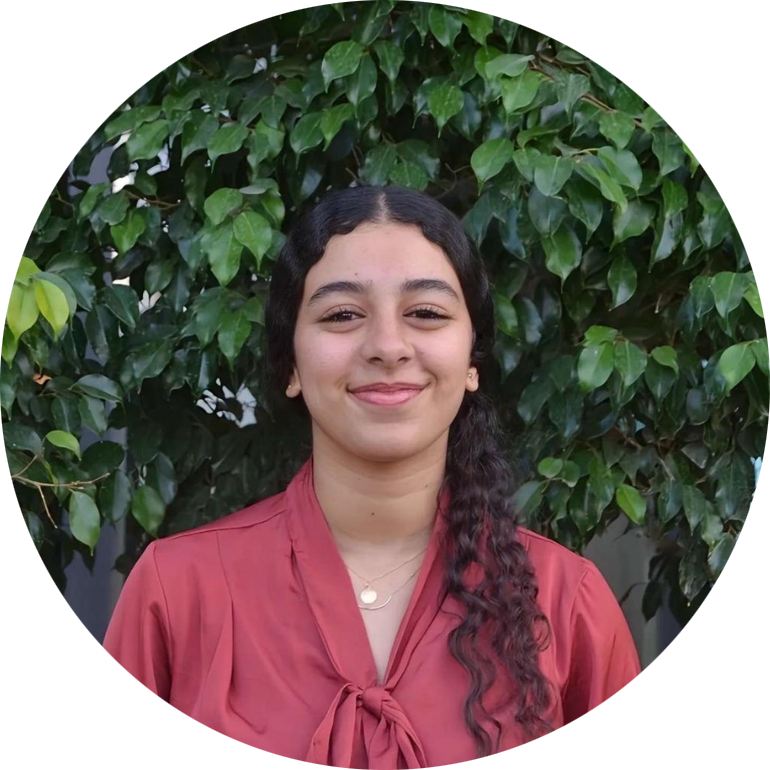
Vice-President
Hana Hatem
Economic and Social Council
"Uniting to promote higher living standards, because what better way to fight for our planet than by global cooperation?"The Economic and Social Council is at the heart of the United Nations system to advance the three dimensions of sustainable development – economic, social and environmental. It is the central platform for fostering debate and innovative thinking, forging consensus on ways forward, and coordinating efforts to achieve internationally agreed goals. It is also responsible for the follow-up to major UN conferences and summits.The UN Charter established ECOSOC in 1945 as one of the six main organs of the United Nations. The chairperson for the sixtieth session; in March 2016, was Antonio de Aguiar Patriota from Brazil, and one of the vice-chairs was Fatma Al-Zahraa Hassan from Egypt. Each year, they dedicate their annual discussions and actions around a specific theme.
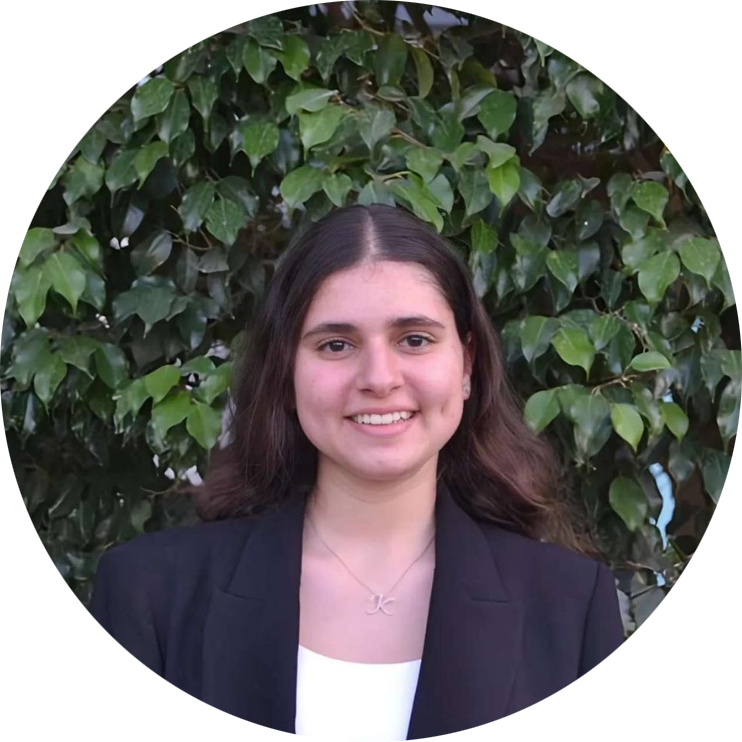
President
Khadija Samy
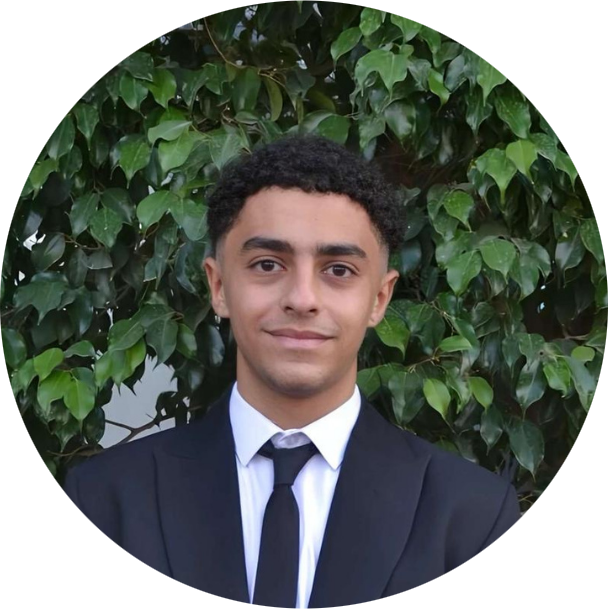
Vice President
Yahya Elzayat
The United Nations Office on Drugs and Crime
"Aiming for global sustainable development to insure peace justice and strong institutions"The United Nations Office on Drugs and Crime, also known as UNODC is a merge established in 1997, between the United Nations Drug Control Programme and the Centre for International Crime Prevention. UNODC fights against illicit drugs and international crime, it relies on voluntary contributions, mainly from Governments, for 90% of its budget. The UNODC’s role is to assist Member States in their struggle against illicit drugs, crime and terrorism. The United Nations holds seven offices in seven different areas, they can help in all fields related to Organized crime and trafficking, Corruption, Drug abuse prevention and health, Crime prevention and criminal justice reform and Terrorism prevention. Diverse problems are becoming widely recognized as threats to nations and individuals, and requests for the assistance of UNODC in national, regional and transnationals levels continue to grow. Its’ work enhances security and improves the everyday lives of people across the globe.
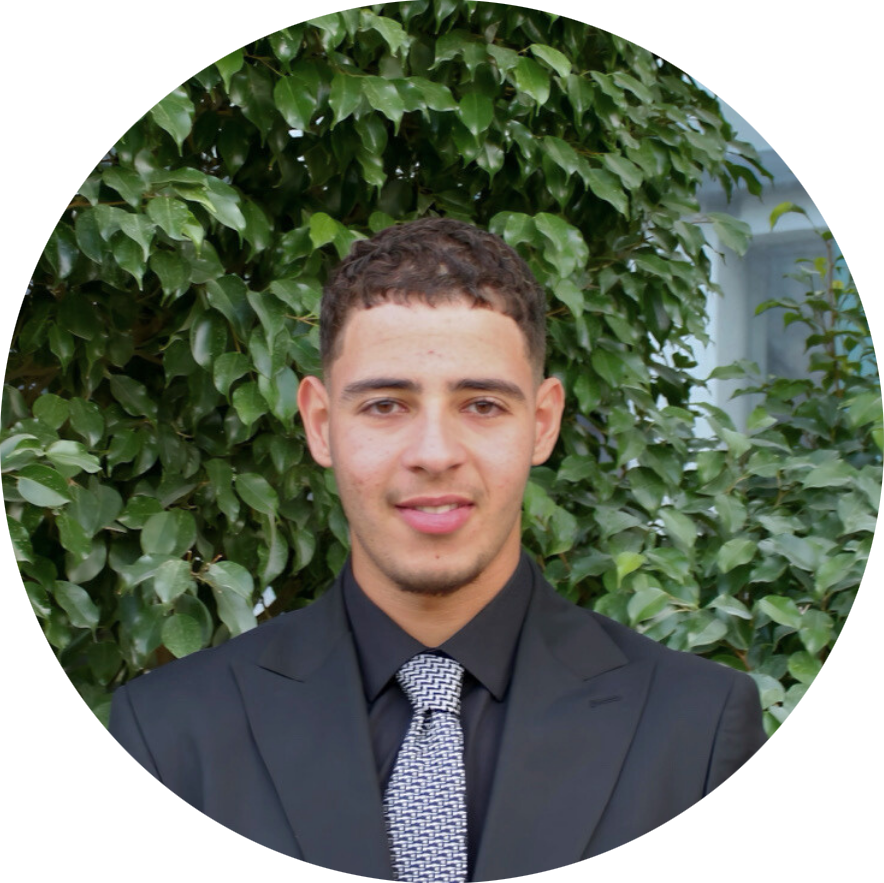
President
Alie Elewa
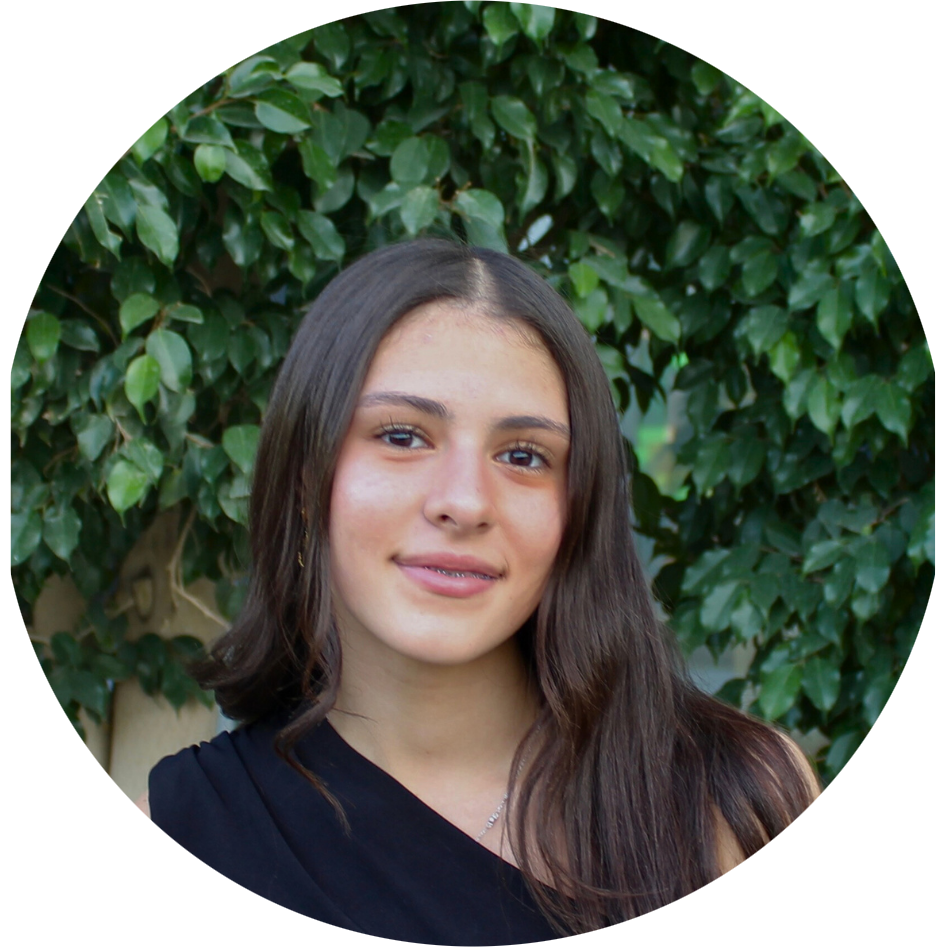
Vice President
Khadiga Haroun
The Commission of the Status of Women
“Gender equality must become a lived reality” - Michelle BacheletThe Commission on the Status of Women (CSW) is the principal global intergovernmental body exclusively dedicated to the promotion of gender equality and the empowerment of women. A functional commission of the Economic and Social Council (ECOSOC), it was established by ECOSOC resolution 11(II) of 21 June 1946. The CSW is instrumental in promoting women’s rights, documenting the reality of women’s lives throughout the world, and shaping global standards on gender equality and the empowerment of women.
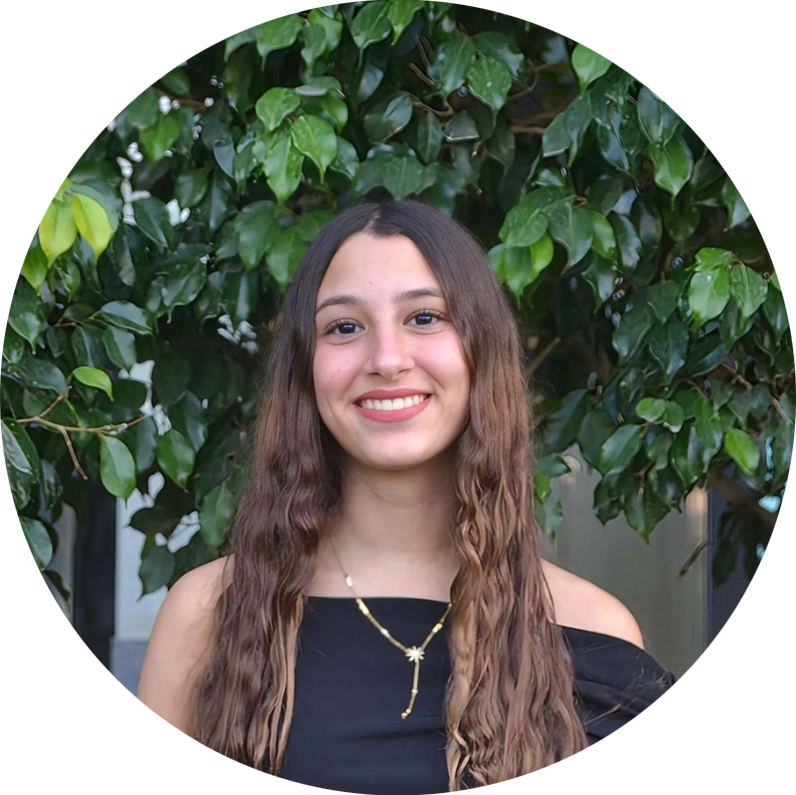
President
Khadija Sami
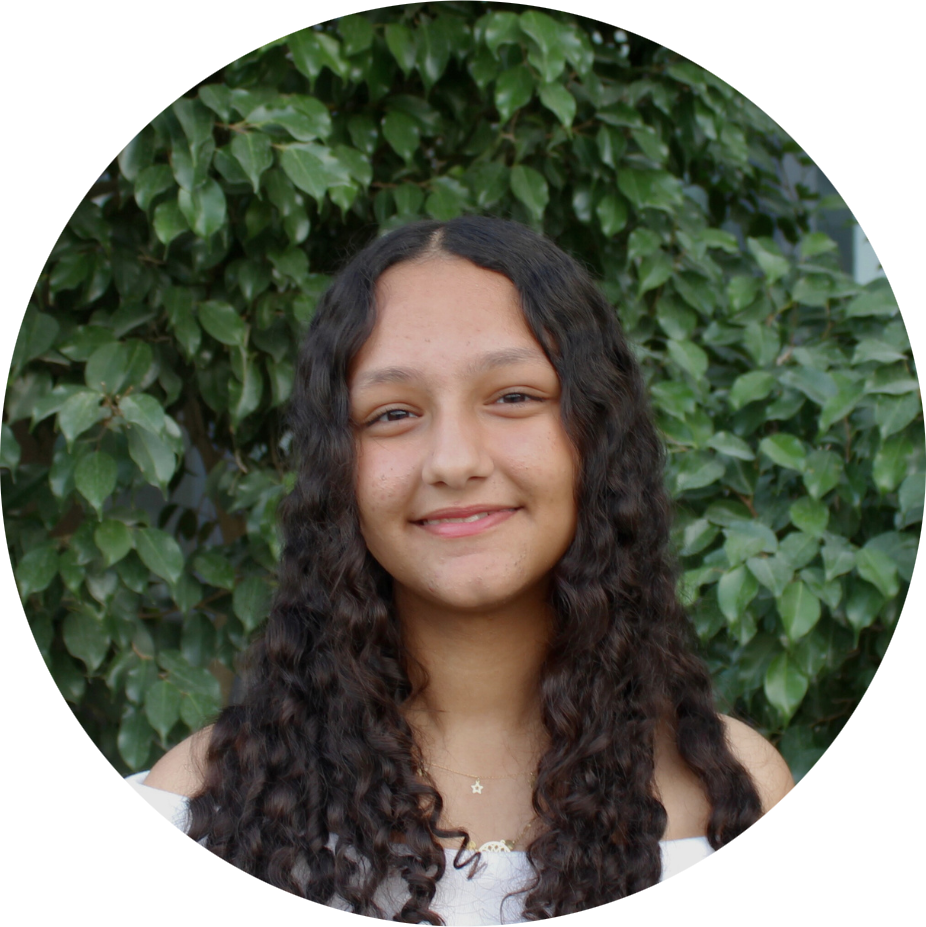
Vice President
Sarah Safina
Disarmament and International Security Committee
“The world is over-armed and peace is underfunded.” — Ban Ki-moonThe Disarmament and International Security Committee (DISEC) is one of the six main committees of the United Nations General Assembly, dedicated to addressing matters of global peace and security. It provides a platform for member states to collaborate on solutions to challenges such as disarmament, arms control, the regulation of weapons of mass destruction, and the prevention of the arms race. DISEC also addresses regional conflicts, the peaceful use of outer space, and the impact of new technologies on international security. While it does not have the power to enforce binding decisions, DISEC plays a vital role in drafting recommendations, building consensus, and shaping international security policies that are later considered by the General Assembly or the Security Council. By bringing together diplomats, policymakers, and experts, DISEC fosters cooperation, encourages dialogue, and develops frameworks to reduce global tensions. Through its work, the committee contributes significantly to promoting peace, stability, and multilateral action in addressing the pressing security issues of our time.
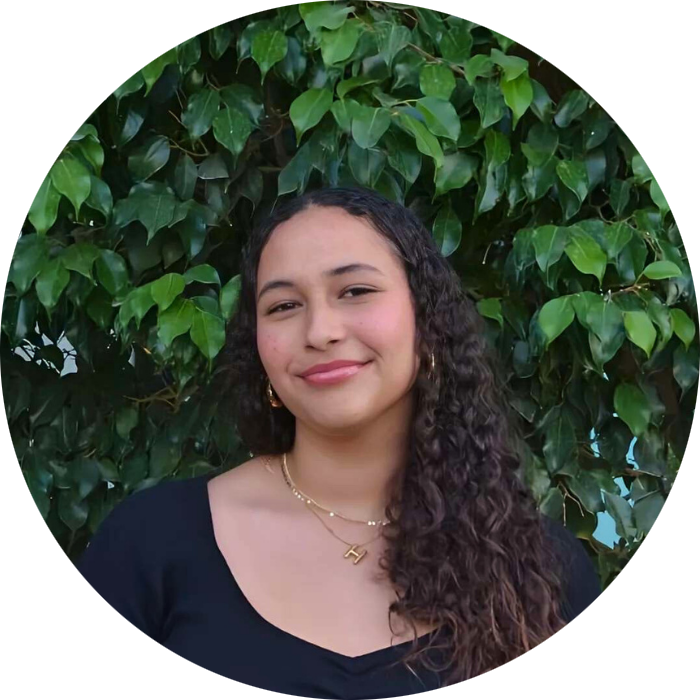
President
Hanya Sokrat
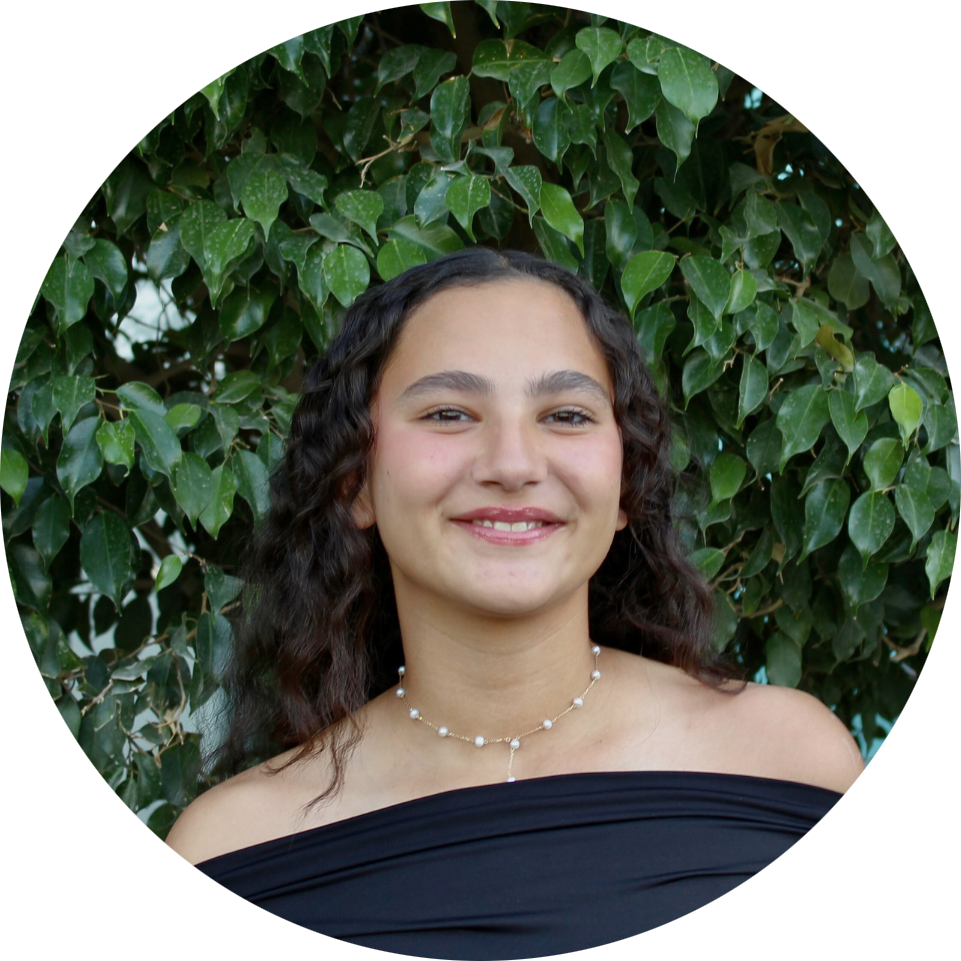
Vice President
Kamelia Khaled
The Sustainable Development Commission
“Sustainability is not just about preserving the environment; it is about building a world where economic progress and social justice go hand in hand.” — Kofi AnnanThe United Nations Commission on Sustainable Development (CSD), often referred to as the Sustainable Development Commission, was established in 1992 following the Earth Summit in Rio de Janeiro. Its primary role was to ensure effective follow-up on the United Nations Conference on Environment and Development (UNCED) and to monitor progress in the implementation of sustainable development goals worldwide. Bringing together member states, policymakers, and experts, the CSD provided a platform for dialogue on critical issues such as climate change, water, energy, agriculture, and sustainable consumption. The commission encouraged governments to adopt policies that balanced environmental protection, economic growth, and social inclusion, while also fostering international cooperation. By shaping strategies, reviewing commitments, and promoting accountability, the CSD played an essential role in embedding sustainability into the global agenda and laying the groundwork for the 2030 Agenda and the Sustainable Development Goals (SDGs).
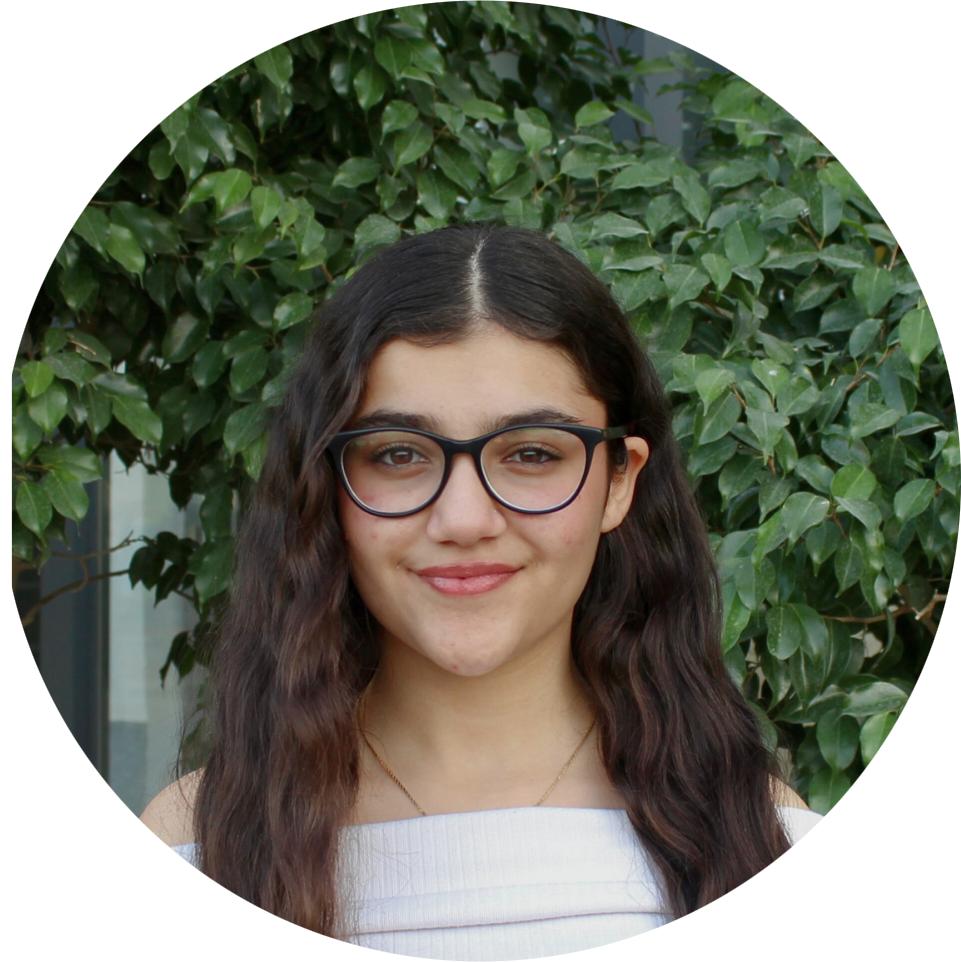
President
Farida Eldeeb
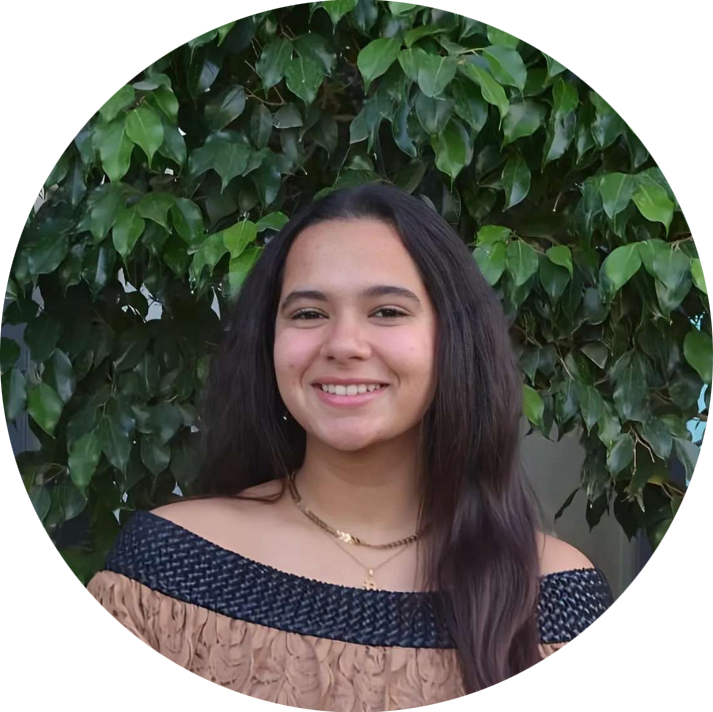
Vice President
Fatema Moataz
General Assembly Junior Committee
"We know more about war than we know about peace, more about killing than we know about living." -Omar N. BradleyThe United Nations’ General Assembly was established in 1945 under the Charter of the United Nations. It is the only organ of the UN in which all 193 members nations have equal representations. Additionally, it was a founding institution and stood as the “Deliberative policymaking and representative organ of the UN”. The General Assembly is responsible for making vital decisions concerning the United Nations namely; Appointing the Secretary General, electing the nonpermanent members of the Security council and approving the regular budgets of the UN. Due to the variety of diverse global issues treated by the United Nations’ General Assembly, it found the opportunity of establishing six sub-commissions upon which the topics may be divided. The six main committees are as follows: Disarmament and International Security Committee, Economic and Financial Committee, Social, Humanitarian and Cultural Committee, Special Political and Decolonization Committee, Administrative and Budgetary Committee and the Legal Committee.
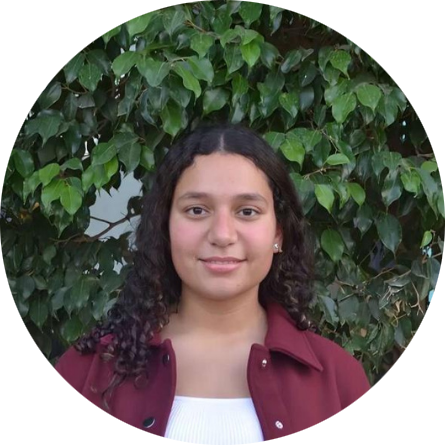
President
Malak Rayan
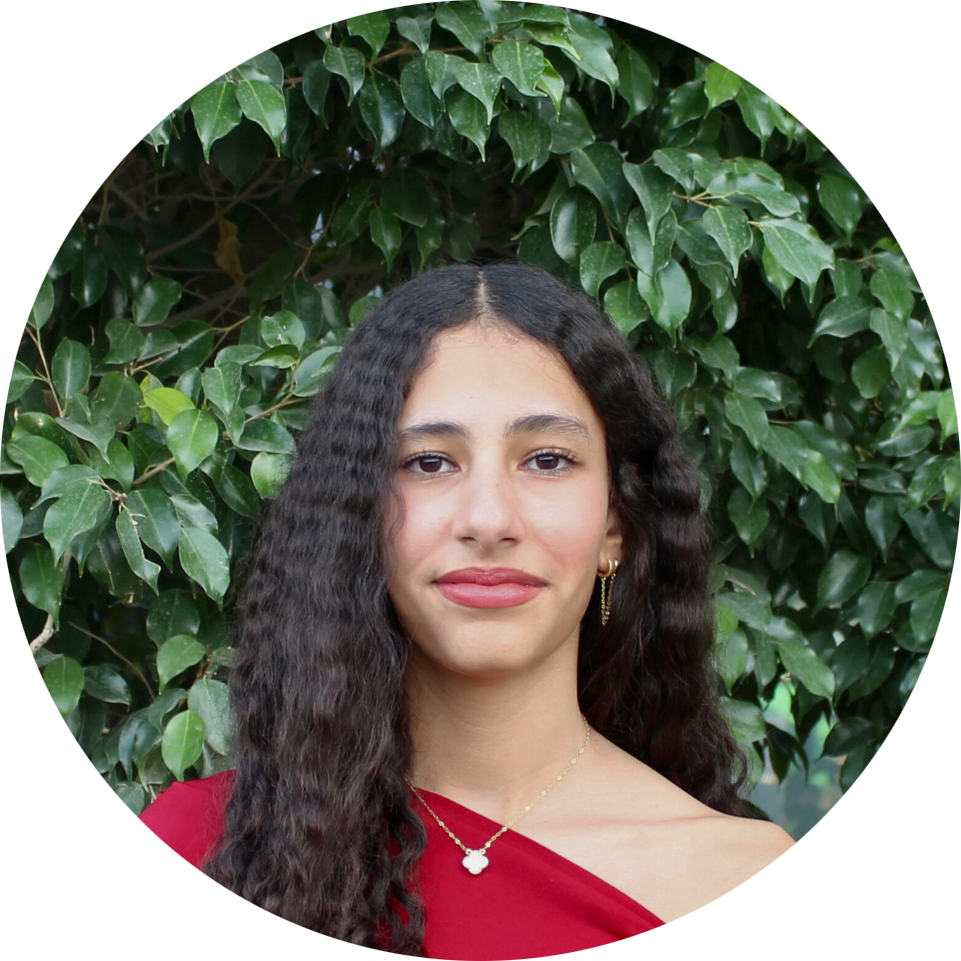
Vice President
Lina Maarek
The Security Council Junior
"Peace will never be maintained unless in the hearts of men"The United Nations Security Council (UNSC) is one of the six main UN organs. It is charged to maintain peace and security under the principles of the UN charter. The UNSC determines the existence of a threat to international peace or an act of aggression. It holds frequent sessions regarding these threats. It’s first sessions was held on the 17th of January 1946. It is only UN organ with the power to implement ceasefire , start UN peacekeeping missions and deploy UN troops named “blue helmets” who are sent to enforce peace in various regions. Under the UN Charter, all member States of the UN are obligated to enforce and carry out decisions of the council. The UNSC is composed of 15 members; 5 of them being permanent veto holding members (The United States of America, China, The United Kingdom, The Russian Federation and France). As for the 10 other members, they are rotating non-permanent members that are elected by the General Assembly every 2 years. The Security Council also recommends to the General Assembly the appointment of the Secretary-General and the admission of new Members to the United Nations. And, together with the General Assembly, it elects the judges of the International Court of Justice. In conclusion, the UNSC’s goal is to develop solutions and implement resolutions in order to prevent aggression and maintain security.
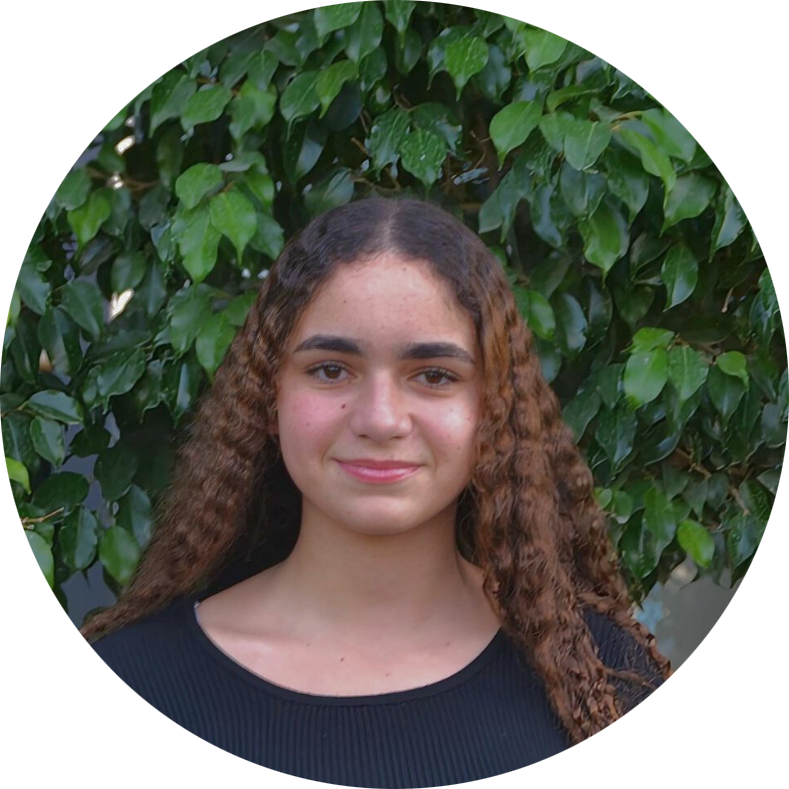
President
Nada Chafik
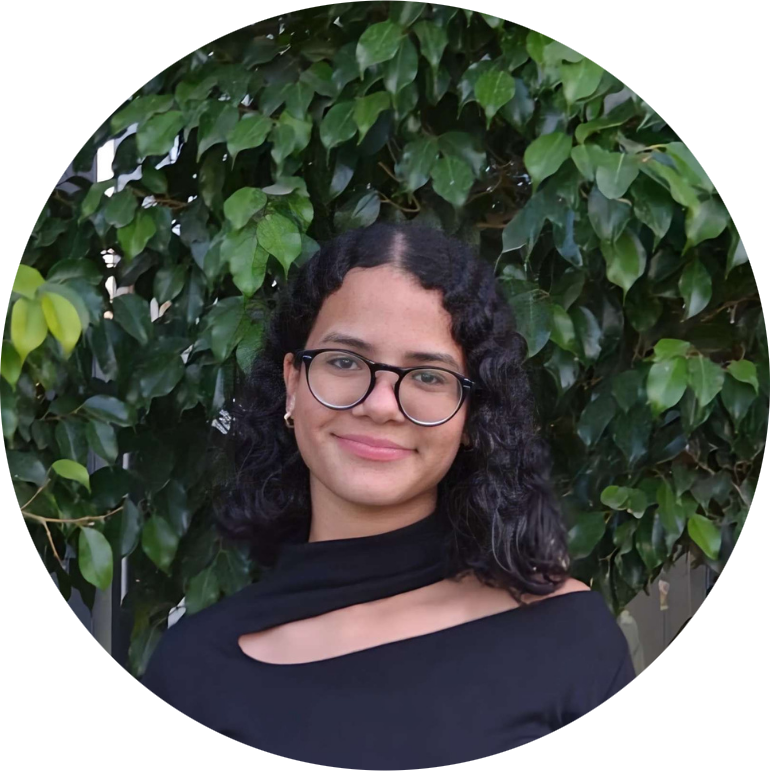
Vice President
Habiba Refaat
Le Conseil des Droits de l’Homme Junior
"The concept of inequality has no place in this world, every human is born free and equal"The Human Rights Council is an intergovernmental body within the United Nations system made up of 47 Member States, which are elected by the United Nations General Assembly. In fact, this Council was created on March 15th 2006 by resolution 60/251 of the UN General Assembly. The Human Rights Council is responsible for strengthening the protection of human rights around the globe. As basic as the concept of human rights may seem at first, numerous countries and organizations have opposed and infringed these rights due to reasons such as cultural beliefs or financial needs. The dilemma stands where the protection of human rights, and the benefit of a country meet. The Human Rights Council aims to find sustainable solutions that would be applicable to any country or body, in order to bring true equality to those who feel injustice because of who they are or where they live.
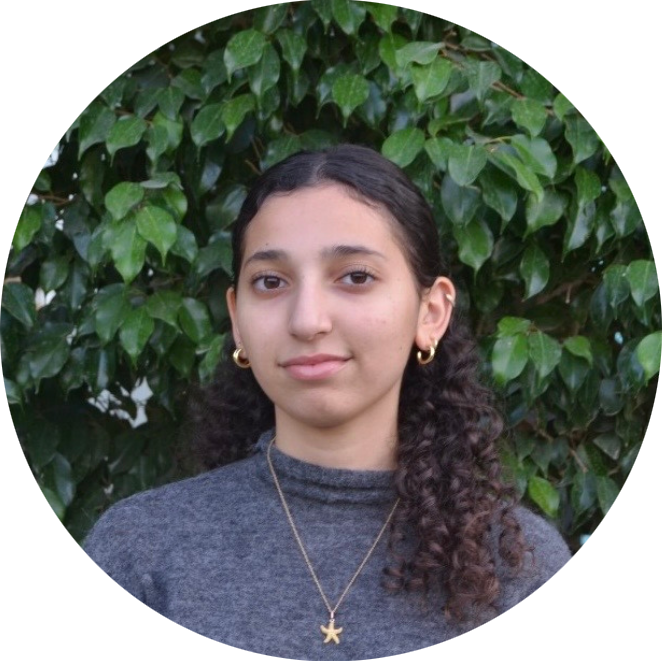
President
Sahar Jouad
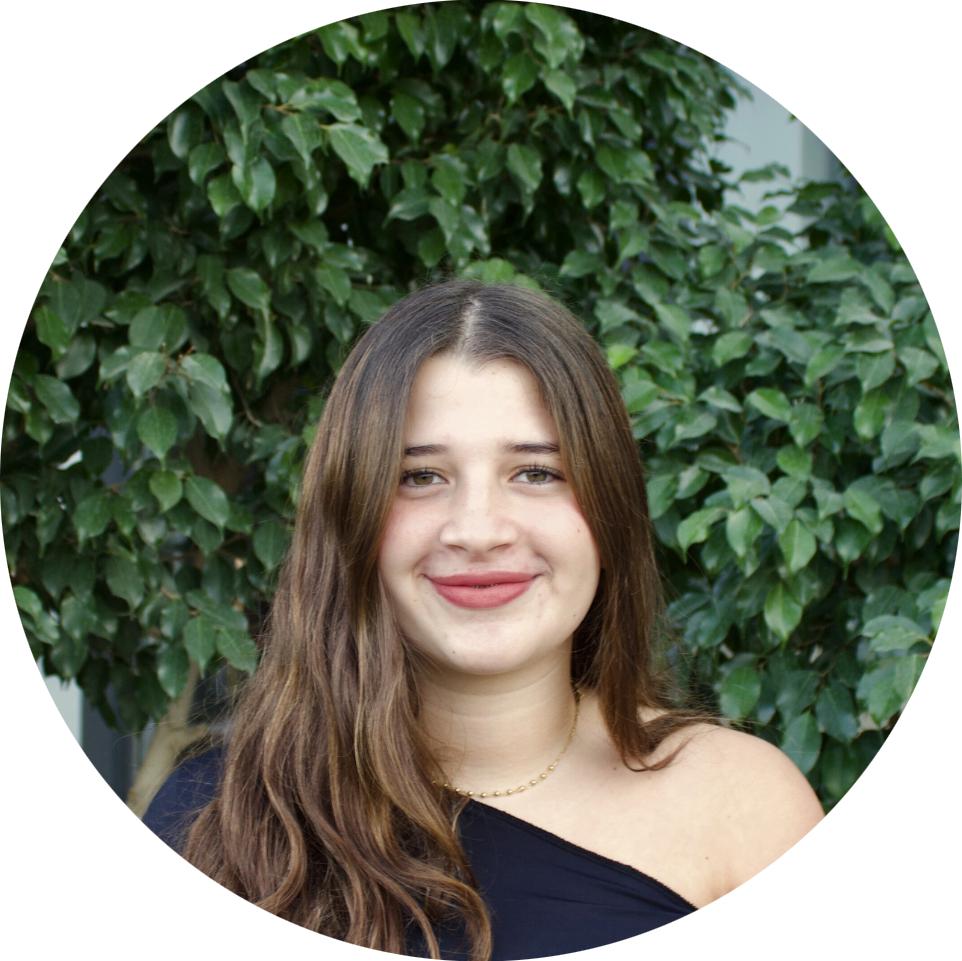
Vice President
Alia Adel
